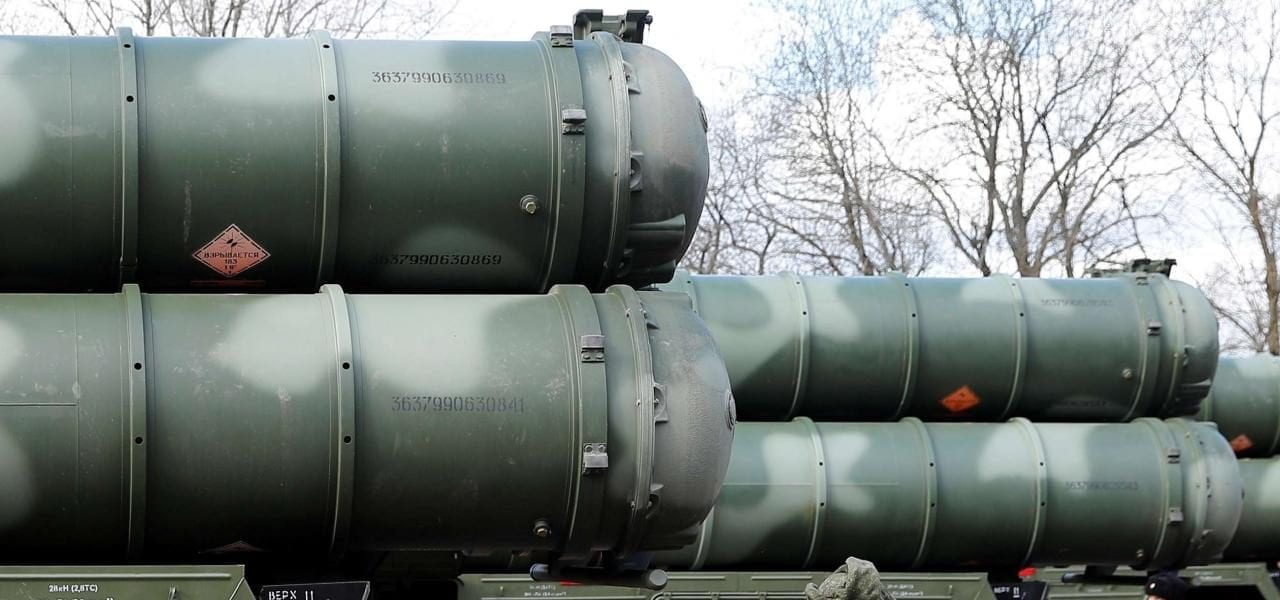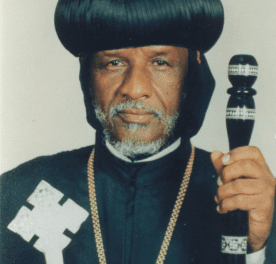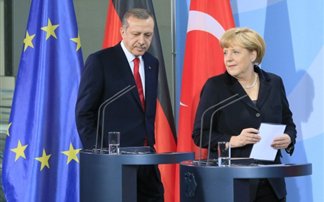By Ahval
Ankara’s decision-making process for purchasing Russian S-400 missile defence systems suggests that Turkish President Recep Tayyip Erdoğan sees it as a safety measure against a possible coup, but military jets and surface-to-air missile systems should both be under the control of the air force in the event of a putsch, political scientist Serhat Güvenç said on Thursday in a podcast with Ahval.
Erdoğan so far has stood firm against pressure from Turkey’s allies, which object to the purchase of the Russian systems, arguing that S-400s can access sensitive information on NATO’s F-35 stealth fighter jets. Since Ankara and Moscow signed the S-400 deal in December 2017, many have been suspicious that the decision was based on Ankara’s fear of domestic threats, rather than foreign ones.
Güvenç said that Erdoğan agreed to the deal with his Russian counterpart Vladimir Putin right after a failed coup attempt in 2016, during which the rebel faction of the military used F-16s to target parliament and the presidential palace. According to Güvenç, the decision to acquire Russian systems was made outside the normal functioning of defence procurement processes.
Turkey has announced that it will deploy the first S-400 battery along the Syrian border, but initial installation of the S-400s is to be carried out at the Ankara airbase the 2016 coup plotters used as their headquarters. The choice of location has strengthened suspicions that those systems were purchased as a result of Erdoğan’s concerns about the loyalty of his air force, Güvenç said.
“Under normal conditions, the same air force will be using both the F-16 jets and the S-400 systems,” Güvenç said, adding that in case of a coup attempt, it is not certain that the pilots using the F-16 jets will be the coup plotters, while those responsible of S-400s will be on the side of a democratically elected government.
“Then, if S-400s will be used against a coup attempt, who will be responsible for using them?” the academic wondered. Güvenç said that he had heard that Turkish officials in Ankara had discussed the possibility of giving control of the S-400 systems to the National Intelligence Agency (MİT).
“This shows that the Erdoğan government is facing the same dilemma of some authoritarian regimes over air defence systems,” he said.
Analyst Atilla Yeşilada of Global Source Partners, a business management consultancy based in New York, also thinks Erdoğan has a personal stake in acquiring S-400s. “But I don’t want to think that our president or any president has become so paranoid that he fears his own air force. To me that doesn’t seem rational,” he told the Voice of America on Wednesday.
“How often do you expect your air force to bomb you?” the VOA quoted international relations expert Soli Ozel of Istanbul’s Kadir Has University as saying. According to Özel, the choice of the S-400 suggests where Turkey expects its enemies to come from.
“This is not an S-400 matter any longer. It’s about Turkey’s political system, the legitimacy of the system, the unity of that system and all sorts of things,” he said.



















